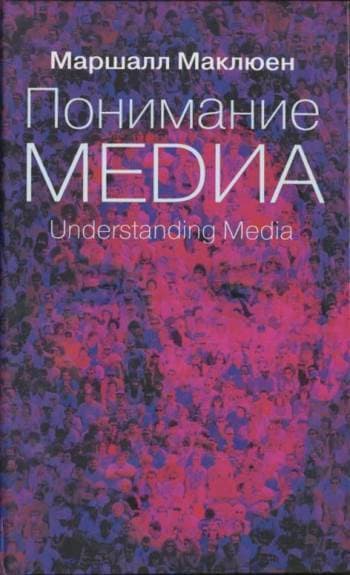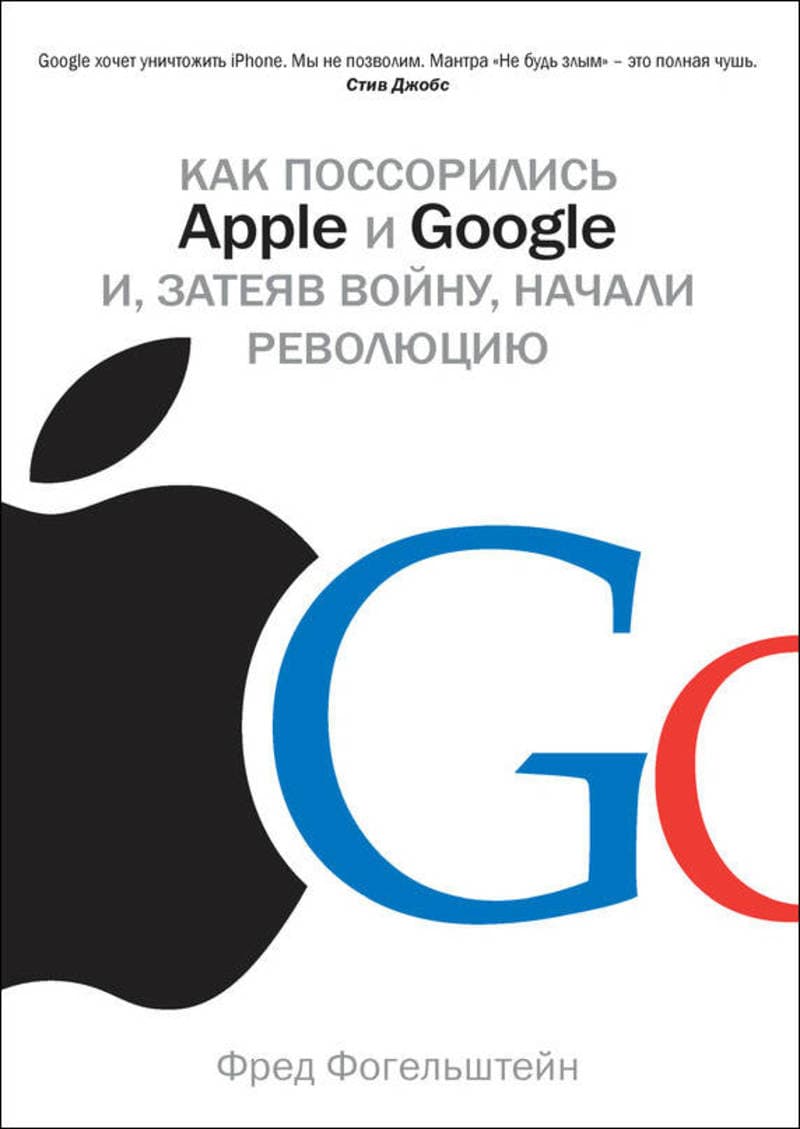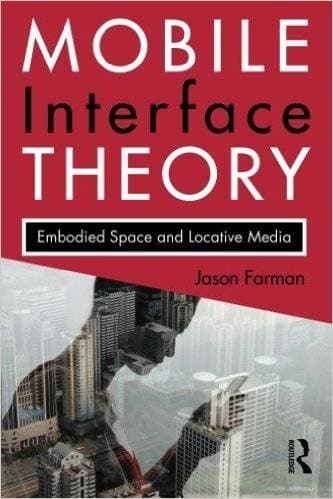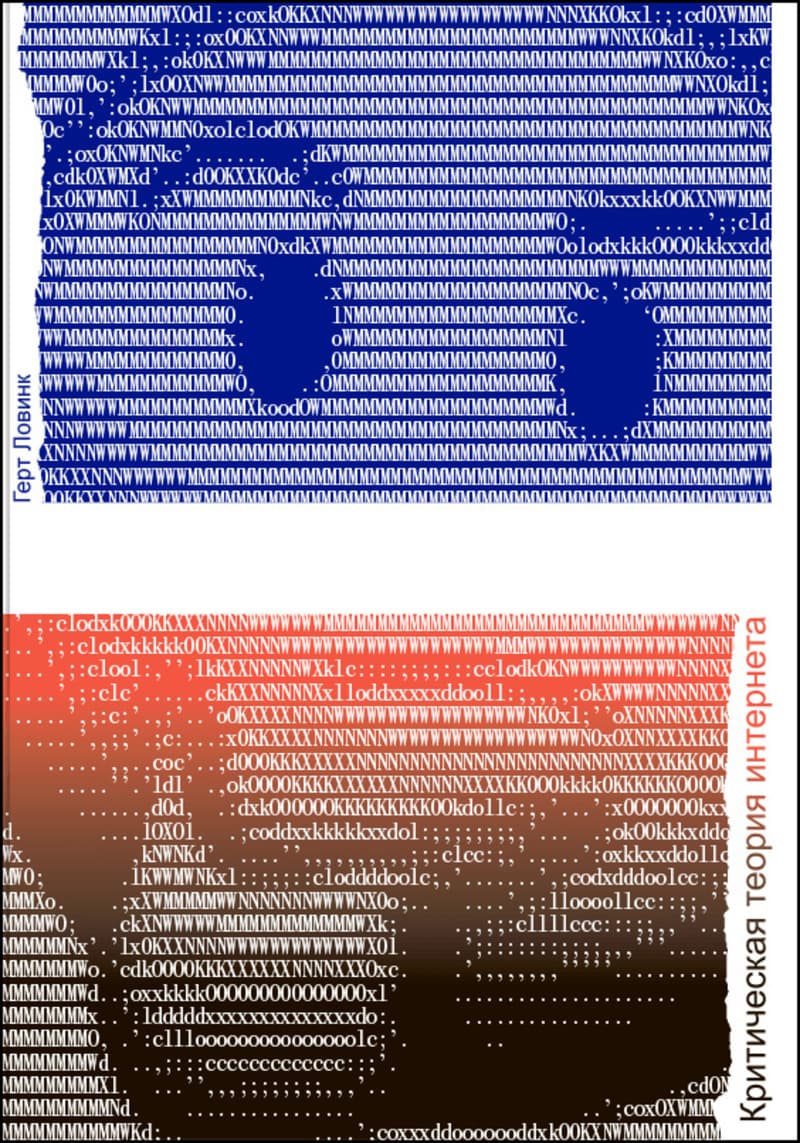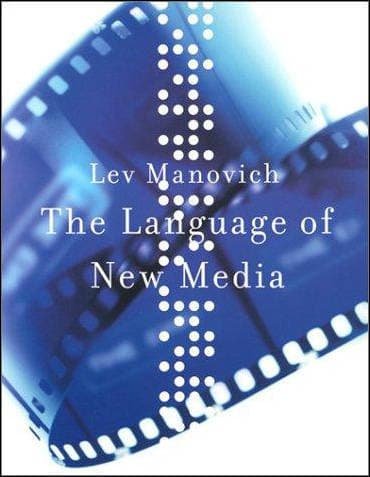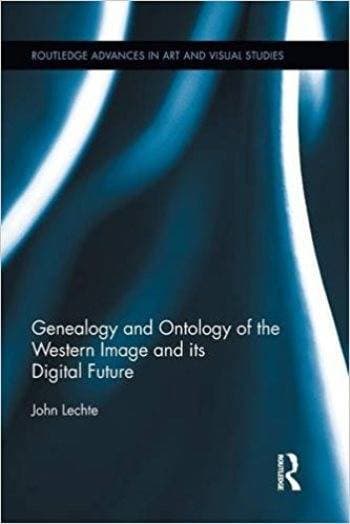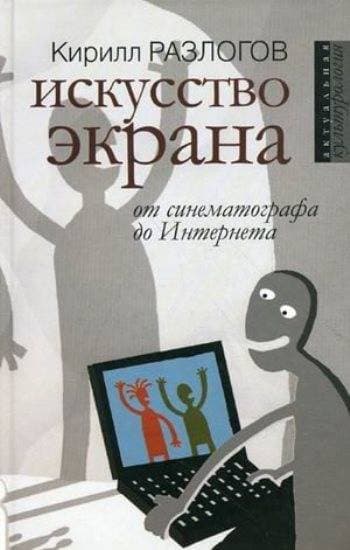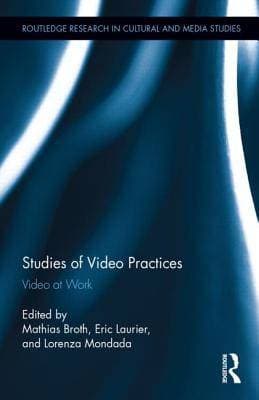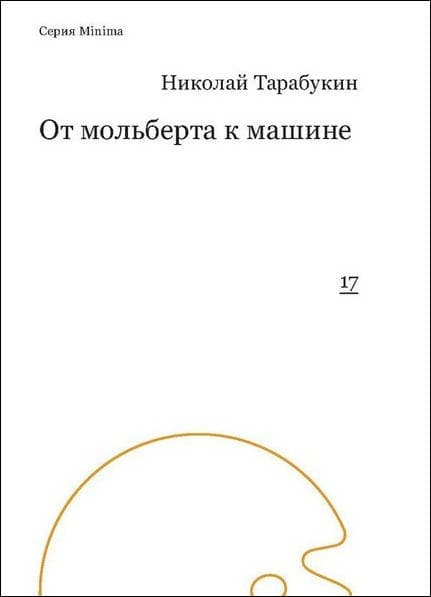Digital Memory and the Archive
In the popular imagination, archives are remote, largely obsolete institutions: either antiquated, inevitably dusty libraries or sinister repositories of personal secrets maintained by police states. Yet the archive is now a ubiquitous feature of digital life. Rather than being deleted, e‑mails and other computer files are archived. Media software and cloud storage allow for the instantaneous cataloging and preservation of data, from music, photographs, and videos to personal information gathered by social media sites. In this digital landscape, the archival‑oriented media theories of Wolfgang Ernst are particularly relevant. Digital Memory and the Archive, the first English‑language collection of the German media theorist’s work, brings together essays that present Ernst’s controversial materialist approach to media theory and history. His insights are central to the emerging field of media archaeology, which uncovers the role of specific technologies and mechanisms, rather than content, in shaping contemporary culture and society.
Данные книги
Миннеаполис, Миннесота
2013
266 страниц
9780816677672
Доступ по запросу
Да
Да
701.17 Ern
1
- Понимание медиа: внешние расширения человека2014
- Как поссорились Apple и Google и, затеяв войну, начали революцию2014
- Mobile Interface Theory: Embodied Space and Locative Media2012
- Критическая теория интернета2019
- The Language of New Media2001
- Genealogy and Ontology of the Western Image and Its Digital Future2012
- Техники наблюдателя2014
- По ту сторону медиума: искусство, наука и воображаемое технокультуры2016
- Искусство экрана: от синематографа к Интернету2010
- Studies of Video Practices: Video at Work2014
- Новые соединения. Цифровые космополиты в коммуникативную эпоху2015
- От мольберта к машине2015

